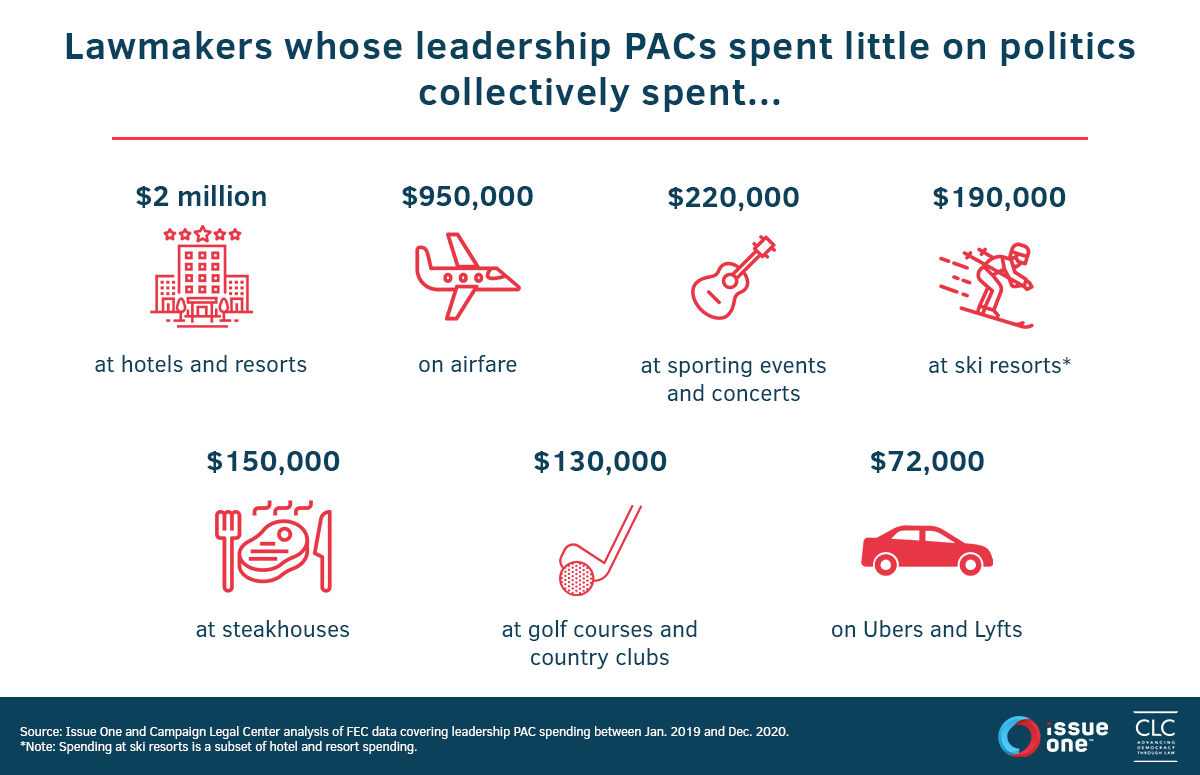Analysis
Four numbers that show how the FEC is M.I.A.
Today marks the start of the second month since the Federal Election Commission (FEC) lost its ability to do its job due to the resignation of one commissioner. Three seats…
Analysis
Following four days of confirmation hearings for U.S. Supreme Court nominee Neil Gorsuch, senators and the public walked away with less clarity on his views on political spending, the Citizens United decision and the role of disclosure of money in politics.
Judge Gorsuch artfully and continuously dodged questions from both Republicans and Democrats on a range of issues, including basic questions about how our representative democracy should function.
For example, Senate Judiciary Committee Chairman Chuck Grassley (R-IA) queried the nominee about whether he agreed with the court’s Citizens United decision in 2010, which upended judicial precedent and campaign finance laws that had existed for decades. Judge Gorsuch’s answer was, in essence, that a “judge’s job is to approach the law as you find it.”
When later pressed by Sen. Sheldon Whitehouse (D-RI) about his thoughts on the $10 million in spending supporting his nomination by an anonymous outside group, Judge Gorsuch demurred and simply said, “You’d have to ask them.” Unfortunately, as Sen. Whitehouse pointed out, “I can’t because I don’t know who they are. It’s just a front group.”
Judge Gorsuch’s only substantive response was in answer to questions from Sen. Patrick Leahy (D-VT) regarding corporate money, special interest groups and quid pro quo corruption.
Judge Gorsuch said, “Citizens United made clear that quid pro quo corruption remains a vital concern and is subject for potential legislation. I think there is ample room for this body to legislate even in light of Citizens United, whether it has to do with contribution limits, whether it has to do with expenditure limits or whether it has to do with disclosure.”
While Issue One strongly believes that Citizens United was wrongly decided, we do agree with Judge Gorsuch on at least one point — Congress can and should act to state which actions constitute “independent” spending and to clarify when there is illegal coordination between candidates and outside groups.
Moreover, the disclosure the Citizens United decision referenced does not, in fact, exist. And, there are other dysfunctions, such as the lack of enforcement of current campaign finance laws, that should be meaningfully addressed.
The Supreme Court nominee’s silence on the Citizens United decision, however, raises significant questions about his views of the current landscape, which is awash with anonymous political spending, coordination-in-all-but-name and lax enforcement from hamstrung agencies such as the Federal Election Commission.
In the wake of Citizens United, Americans live in a political world where the law condones unlimited spending in campaigns, equating money with speech, and where corporations have new rights to seek to influence the outcome of our elections.
Since the Citizens United decision, a tiny elite of deep-pocketed donors are dominating our elections, funding outside groups on the left and right that are run by surrogates of elected lawmakers, from the president on down.
It is noteworthy that Judge Gorsuch returned again and again to the notion of precedent as invaluable to the Supreme Court. Yet the question remains as to whether he is overlooking the fact that it was the court itself that overturned substantial precedent in Citizens United.
Will this commitment to stare decisis — respect for precedent — be used as an excuse to continue the court’s trend of misguided decisions? It’s unlikely these Senate hearings will shed any light on that issue.
Issues: Dark Money & Super PACs, Money in Politics
Analysis
Today marks the start of the second month since the Federal Election Commission (FEC) lost its ability to do its job due to the resignation of one commissioner. Three seats…
Analysis
Today, Issue One launched FEC M.I.A. to hold the president and Senate accountable for allowing the nation’s election watchdog to effectively shutter, and call on all six seats on the…
Analysis
Recently leaked internal Democratic Party documents confirm a disturbing trend that Issue One has been calling attention to for years: Both the Democratic and Republican parties lean on members of…

